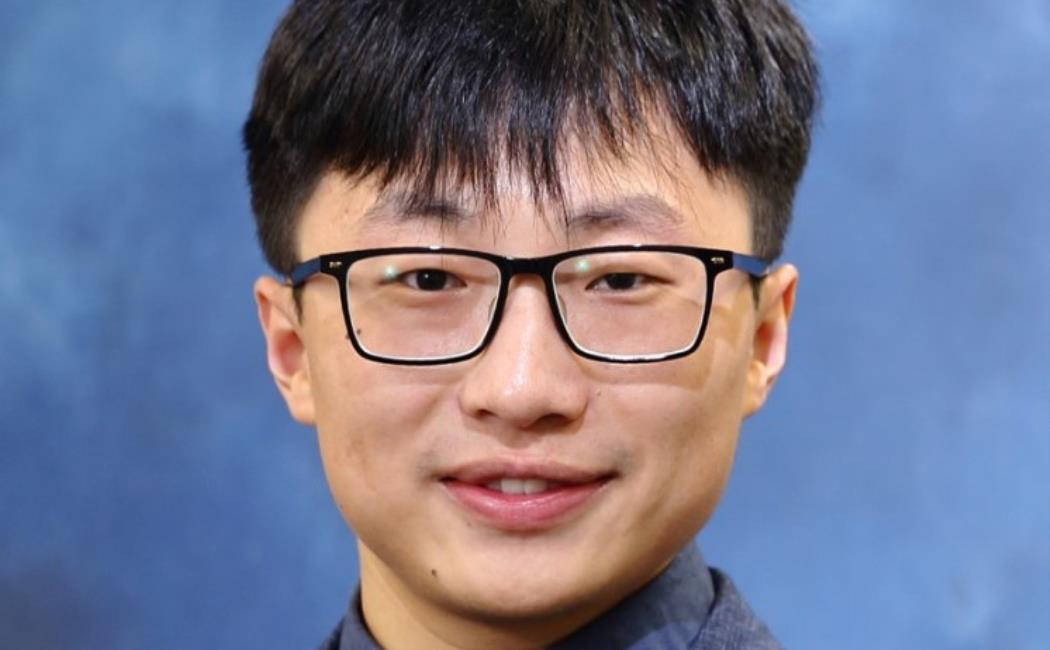
26 May, 2022
Now in its seventh year, the Forbes' "30 Under 30 Asia List" has become a definitive ranking of young leaders, entrepreneurs and innovators in the Asia-Pacific region recognized as changing the world around them. This year's honorees were selected for their innovative ideas that have been identified as "redefining the future of business and society in Asia".
"In this time of global uncertainty, we feel that this list is as important as ever, giving a dose of much-needed optimism as well as highlighting [Li's] hard work and resilience to inspire others despite a tough couple of years," said Rana Wehbe Watson, Special Projects Director at Forbes Asia.
Of his Forbes achievement in the Healthcare & Science category, Li noted, "I feel very honored and humbled to be listed. This honor also pushes me to create more impactful research that can benefit society."
Bioinformatics stands out as a field full of promise in a future where health informatics and machine learning (ML) are set to become deeply integrated to benefit individuals' health. Developments in the field, such as ML-aided disease diagnosis and prognosis, point to a transformative revolution in how we study the causations and mechanisms of complex diseases.
In addition to his primary research focus on computational biology and human health, Li also conducts research on biomolecular structure prediction, disease modeling, drug discovery, precision medicine, and the analysis of antimicrobial resistance.
"The development of new computational methods is the main driving force of the field and the primary research topic in my group," Li emphasized. "These methods can help biologists solve problems, such as AI-driven drug discovery, more accurately and effectively, aAnd even resolve some previously unsolvable problems, such as protein structure prediction," he added.
"Biological problems are the foundation and mechanism of health care problems, while health care problems are the demands of the real world. The use of artificial intelligenceto solve computational problems can hopefully promote both scientific discovery and serve society by improving health care and living standards."
In December 2020, after obtaining his Ph.D. ('20) in computer science, Li joined the Computer Science Department at CUHK, where he currently leads the Artificial Intelligence in Healthcare group. Prior to this, he was a member of KAUST Professor Xin Gao's Structural and Functional Bioinformatics (SFB) Group, whose prodigious scholarly output drew his peers' attention near and far.
During his five years at KAUST, he authored and co-authored papers that were published in 30 prominent peer-reviewed journals spread across the bioinformatics and machine learning (ML) community, including 12 papers as the leading author. For Li, his time at KAUST was a character-forming experience marked by his swift progression from an inexperienced graduate student to an independent researcher at the relatively young age of 25.
"I would like to give my biggest thanks to Professor Gao and KAUST itself. KAUST provided everything I needed to grow as an individual and a researcher: a supportive supervisor, an excellent research environment, global connections and reliable computational resources.
"Usually, most researchers will gain a faculty position closer to 30. Without my experience at KAUST, it would probably have taken me another three to five years to become an independent researcher instead of reaching that stage, aged 25. I would say my research path has included a lot of dreams, luck and careful planning.
"Indeed, I have dreamed of being a researcher and scientist since I was a child. Researchers are one of the main horse-powers of society; they create impact and drive the world forward. As I look toward the future, I will be extremely proud of myself if I can affect positive change in our society," he concluded.